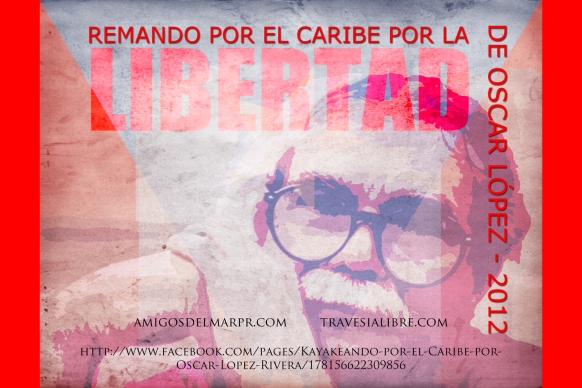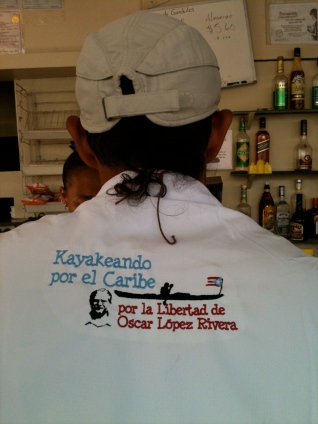
Melinda Sue Gordon/Paramount Pictures
Sacha Baron Cohen plays Admiral General Aladeen, the authoritarian, anti-Semitic and unexpectedly sympathetic protagonist of The Dictator.
Actor and writer Sacha Baron Cohen is famous for
taking his characters — Ali G., Borat, Bruno — into the real world,
interacting with people who have no idea that they're dealing with a
fictional character. But his new movie, The Dictator, is a scripted comedy about a tyrant on the loose in New York.
Interview Highlights
On why he enjoyed playing a dictator
"Dictators
are ludicrous characters, and, you know, in my career and in my life,
I've always enjoyed sort of inhabiting these ludicrous, larger-than-life
characters that somehow exist in the real world. And just looking
around, you know, over the last 10 years in particular, I kind of became
obsessed [with] Colonel Gadhafi, amongst others, but Gadhafi in
particular because he was so over the top. His dress style was so
flamboyant, so ridiculous. In fact it could only really get to that
level of absurdity by the fact that he was somebody who was
unquestioned. You know, it's a bit like when you walk around Los
Angeles, and you see some of these stars dressed in a peculiar way, the
reason they're dressed like that is that no one actually questions
them."
On the design of the set:
"I
said [to the set designer] 'Listen, we want to create this new country
that is not quite in the Middle East, it's not quite in Africa, but, you
know, it has elements of Gadhafi, it has elements of the United Arab
Emirates, it has elements of Turkmenistan. We don't want it to be
specific, but we want it to feel real."
On Borat speaking in Hebrew in the movie Borat
"I
do like the irony of Borat, a deeply anti-Semitic character, speaking
Hebrew, and this guy [in The Dictator,] who you know, wants to
annihilate Israel, is also speaking Hebrew."
On why the movie The Dictator, unlike Borat, is scripted
"We
actually just thought we could make a better movie if it had a script
and, you know, didn't involve real people. I think pulling off, pulling
off a kind of fake documentary of me being a, you know, actual dictator
would have been extremely difficult, if not impossible. We got away with
it on Borat because Kazakhstan was a real country. So you
could say, 'I'm from Kazakhstan National Television.' People would look
up Kazakhstan, and it existed. But if I came this time and said, 'I'm
from Wadiya,' they'd, you know, look it up and realize it didn't exist,
and if I said listen, 'I'm the dictator of Turkmenistan or, you know, or
Libya,' they could look it up on Wikipedia and realize that I'm not. So
it would have been impossible to, you know, have this real story."
On being brave
"I
don't know if I'm brave. Yeah, I mean, I don't know if I'm brave. I
think I think in the moment. So when I'm in character, I'm in character,
and I'm obviously thinking about what's going on around me, but it's
easier to do stuff when you're in character."
On the police and FBI following his characters
"There was a time, you know, I got so used to the police turning up. You know, with Borat,
I think they came about 45 times. Sometimes it was the police, then the
FBI were following us for a while. They had so many complaints that
there was a Middle Eastern man ... driving through America in an ice
cream van, that the FBI assigned a team to us. And so we had the FBI and
then we had the Secret Service. But there were so many of these
instances, and with Bruno as well, that for a while it would
take about six months afterwards for me not to totally freak out
whenever I saw a policeman."
























